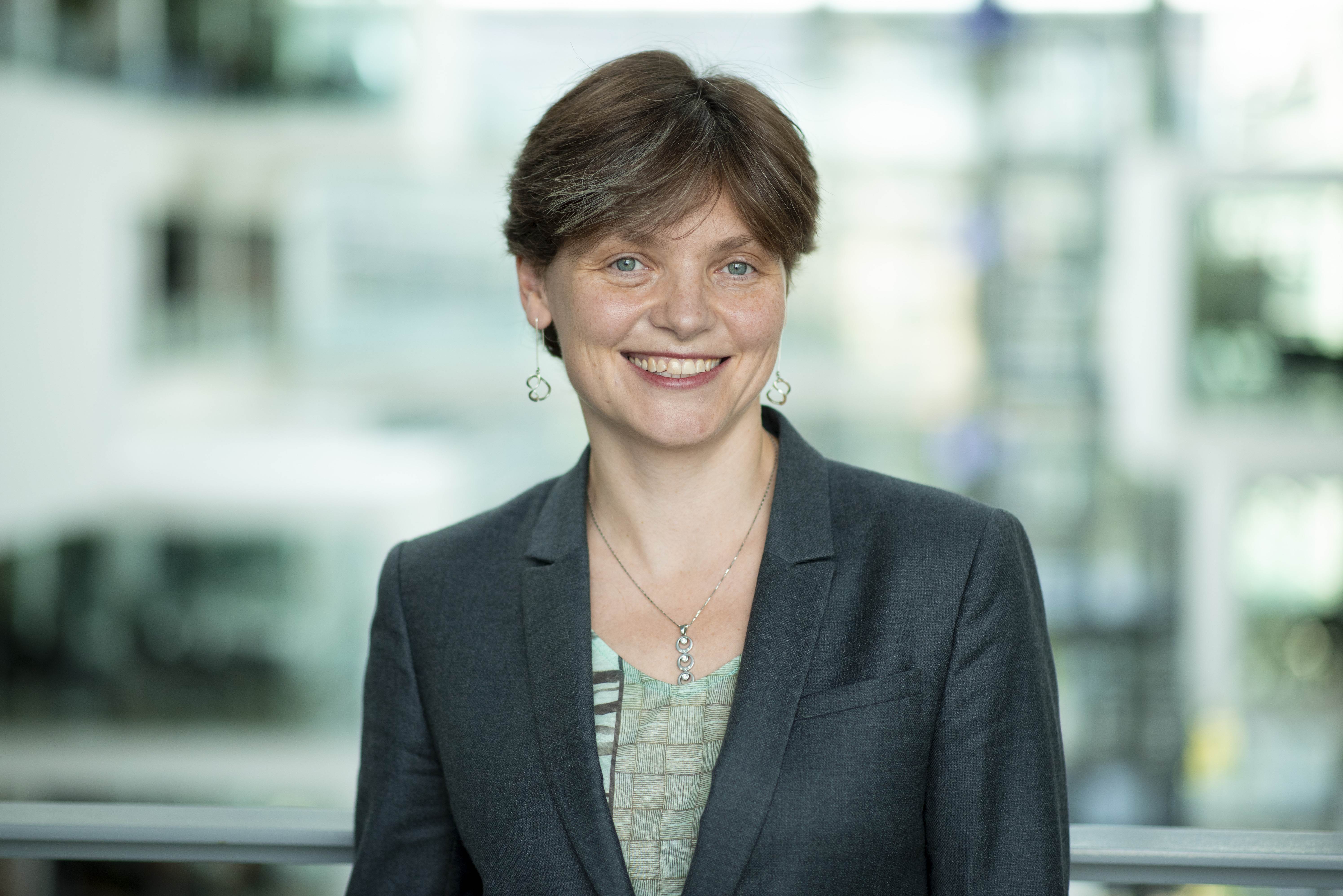Researcher at ITU: Ethics is the path to better technology
With a toolbox for newly established tech-companies, researchers at the IT University of Copenhagen seek to help developers design better technologies connected to the Internet of Things (IoT).
Irina ShklovskiResearchethicsinternet of thingswearables
Written 11 February, 2020 12:52
Designing internet connected products such as watches, internet connected dolls, baby monitors, or refrigerators, developers not only make technological decisions. They are making ethical and moral decisions as well. With a new set of tools, researchers at the IT University of Copenhagen make it easier for the developers to incorporate ethical considerations from the very moment an idea of a new product takes shape.
To decide whether a product is processing the data on the device or on the Cloud, to decide whether it can be repaired, and if it consists of more secure components are all technical, ethical, and moral decisions at the same time.
Irina Shklovski, Associate Professor at ITU
“If we are going to have better technology, we need to understand how our technology is developed now, and what the developers think about when they make decisions regarding the product, “ says Associate Professor Irina Shklovski, who has headed the VIRT-EU project.
For the past three years, researchers at ITU and collaborators from five other institutions have developed a toolbox for start-ups designing connected technologies for the Internet of Things (IoT). The new toolbox makes it easier for new IoT-companies to take potential ethical issues and societal concerns, such as for example privacy, security, sustainability and fairness into account from the beginning.
Technological decisions are about ethics
When hackers get access to the child’s room through insecure smart toy or house owners are kept out of their own homes by smart locks that suddenly stop working, an obvious reaction would be demand that developers simply must create responsible and ethical technologies. However, researchers behind VIRT-EU challenge this idea.
“Most developers do have ethical considerations. We cannot just ask them to be ethical and then all problems with IoT will go away. We are dealing with a group of professionals who are educated in certain ways and they do not have a background in thinking about ethics,“ says Irina Shklovski.
Tools will help designing better technology
By designing a toolbox as part of the VIRT-EU project, the researchers seek to give a structure to include ethics in technical decision-making processes. Start-ups and small enterprises in Copenhagen, London and Amsterdam have tested the tools, which help them ask tough questions about their data use and legal compliance, to address the social values of the company, and to make ethical decisions based on a structured framework. (The article continues).
"The people creating connective technologies are typically thinking very hard of the technological aspects, but technical decisions and tradeoffs are also ethical decisions. To decide whether a product is processing the data on the device or on the Cloud, to decide whether it can be repaired, and if it consists of more secure components are all technical, ethical, and moral decisions at the same time, “says Irina Shklovski.
“It is not our job as researchers to tell you whether your decision is right or wrong. Ethics is about giving you a framework, a structure, a path to reasoning about that decision you are making. And we are providing that framework, “she says.
The project VIRT-EU was initiated in 2017 with funding by the EU’s Horizon 2020. All tools and results are published here.
Anna Lohmann Ahlbom, Press Officer, phone +45 25 55 04 47, email aahl@itu.dk
Irina Shklovski, Associate Professor, phone +45 7218 5363, email irsh@itu.dk